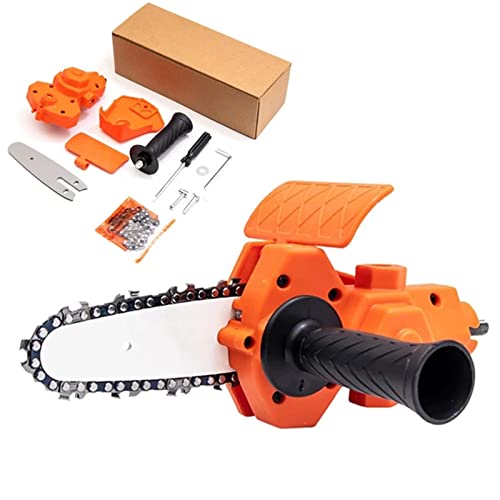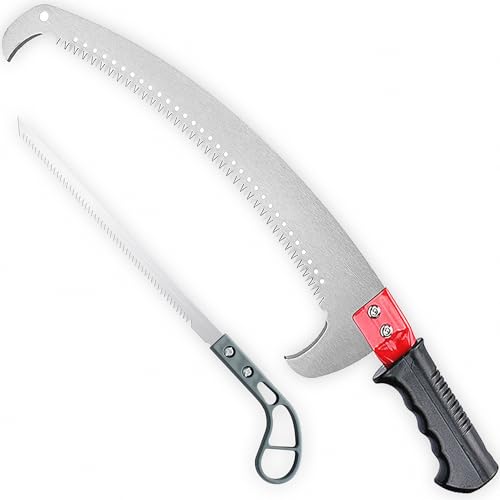The other day my father thought he recalled someone telling him that if you were to set you chain too tight right after heavy cutting, with the bar and chain still hot, that you could possibly bend the crankshaft to some degree when the chain cooled down and contracted.
Does anyone know if this IS possible, and/or has it happeneed to anyone? :blob5:
Does anyone know if this IS possible, and/or has it happeneed to anyone? :blob5:
























































